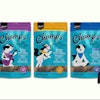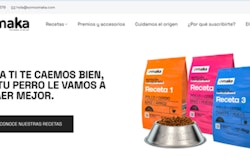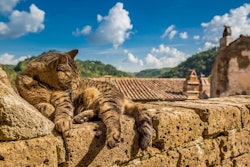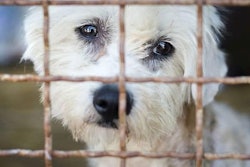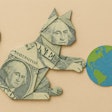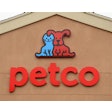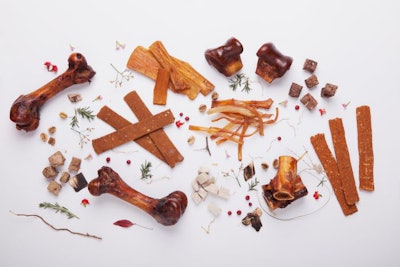
The initial days of COVID-19 were a time of huge business losses across all industries, including pet food. For Maneli Pets, a producer of premium pet foods in South Africa, which lost 80% of its export-oriented business at that time, it was also a time to pivot and innovate.
“The COVID pandemic presented unique challenges to our business model,” said Nhlanhla Dlamini, managing director at Maneli Pets. “It forced us to innovate. We were an export business, and COVID-19 halted that. Even when the lockdowns eased, our customers were hesitant to return.”
To overcome these challenges, Dlamini implemented a three-point strategy. First, he pivoted and began looking more closely at the local South African market, rebuilding a customer base on his doorstep. Second, he focused on cutting costs and raising efficiency. In the end, Maneli Pets was able to bring its costs down by 50% while maintaining operational efficiency. Finally, Dlamini strategized the Maneli Pets business model. Previously the company focused on selling its own brand on the international market; now it has also begun selling in bulk to other brands and companies as well.
The result of all the reshuffling is that the company is stronger than ever, Dlamini said. “We are back to the revenue levels we had before COVID. We are now a far healthier business.”
Creating a South African brand for the international market
Born in Johannesburg near the end of the apartheid, Dlamini considers himself lucky to have gotten a scholarship that changed the trajectory of his life. He became the first in his family to get into university and then to go into corporate employment.
“It was very difficult for me being Black and born in the 1980s in South Africa,” Dlamini recalled. After gaining his education from the University of Oxford and Harvard Business School, he worked as a management consultant for McKinsey. During this time, he felt disconnected from his home country and wanted to do work that had a special impact on the South African economy.
“During graduate school, I got in the habit of writing down ideas – like manufacturing and exporting out of South Africa,” Dlamini explained. “I wanted to get out of the service industry and get into manufacturing, to create jobs and to highlight what South Africa has to offer. I wanted the challenge of opening a business. I wanted to see greater South African representation in the global retail market, similar to New Zealand and Australia.”
Focus on novel proteins for pet food
Initially, Dlamini was looking at tree nuts, wine and meats for human consumption in the U.S. and European markets but found that the import/export requirements were a tall order and highly political, with it being a particular challenge to export to the U.S. market, specifically.
“A friend of mine from business school in the U.S. told me that the pet food market for novel proteins was gaining prominence,” Dlamini elaborated. South Africa’s novel proteins, known the world over, include free-range ostrich, venison, rabbits and warthogs – the ones used by Maneli Pets. Other examples from South Africa include kangaroo, pheasant, quail and bison, which Maneli Pets does not use at present.
“Not only are these free-range,” said Dlamini, “but they are sustainable, because these animals are culled for biodiversity purposes.” Understanding this unique perspective was the lightbulb moment for Dlamini, who now only had to develop a brand that wraps them up with the South African story.
“South Africa is one of the most biodiverse places in the world, with many ecosystems and many predators and prey,” Dlamini told. “I was lucky to be born in this region, and wanted to present it as such. Therefore, I set out to replicate what wild cats and dogs ate before human intervention in the African Savannah.”
Accelerating growth in production, sales, employment
Beyond simply running a business, Dlamini wants to use Maneli Pets to shine a light on the unemployment issues facing South Africa. More than 60% of young South Africans are unemployed, he said.
“We employ 60 people at our factory, with most younger than 35,” he added. “I can create 500 jobs in the next decade. And I’m trying to be a role model of entrepreneurship and social good.”
Today the company is back on track, Dlamini noted. “Beyond our 60-person staff, we generate 50% local and 50% export revenue, which varies season to season,” he said. “We purchased a used factory, which is operating at 30%-40% capacity, with an export customer mix of the U.S., South Korea and eight other markets in Europe and Asia.
“We plan to continue to export pellets,” he added. “Our goal is to be at 50% factory utilization by the end of 2023. Our factory can export 10-12 containers per month. We want to grow quite a bit over the next couple of years.”

